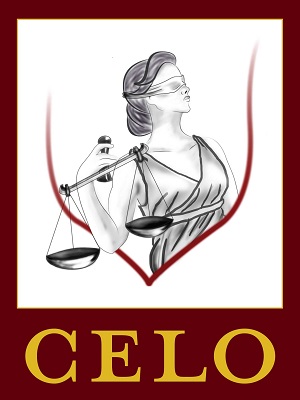
Charlene Edwards Law Office
Wills and Estates
While no one likes to think of death or disability, it is preferable to plan ahead for these eventualities. This is where Estate planning is helpful. The Typical Estate Planning Documents are generally:
Last Will and Testament – so you can determine what happens to your property at your death rather than the State of North Carolina making that determination for you
Durable General Power of Attorney – these allow third parties you chose to handle any or all of your affairs, as you deem necessary, in the event you become incapacitated or incompent to handle your own business.
Health Care Power of Attorney – grant any and all powers to your agent to make health care decisions for you in the event you are unable to make your own decisions.
Additionally, other matters that may be needed could be Advanced Directive for a Natural Death (“Living Will”), NC Revocable Living Trusts, Irrevocable Life Insurance Trusts, or Special Needs Trusts. The CELO team can discuss with you the options you have to best meet your specific needs.
CELO can also help you navigate the Probate process once a loved one has passed on. With or without a will, there are steps that must be taken with the Clerk of Court to ensure that a decedents property and debts are disposed of. The term probate refers to the formal legal process of administering an estate. In North Carolina, the Clerk of the Superior Court in the county where the decedent resided oversees the probate process.
Generally, probate is necessary only when the decedent owned property in his or her name alone. Often, individuals consult with an attorney and use estate planning to avoid having their estate go through probate after death. Common assets that do not need to go through probate include:
Property owned jointly with another person in an ownership form that includes the right of survivorship, such as joint tenancy with right of survivorship and tenancy by the entirety
Assets for which a beneficiary (other than the estate) has been named, such as life insurance proceeds, retirement accounts, and pay-on-death bank accounts
Assets in a revocable living trust
The person responsible for probating and administering an estate is referred to as the personal representative. If the decedent has a valid will, referred to as dying testate, the will usually names an executor, who will be the personal representative for the estate. If the decedent died intestate—without a will—or there is no executor named or available, the Clerk of the Superior Court will name an administrator as the personal representative for the estate. Generally, the administrator is the surviving spouse, an adult child, or other beneficiary. North Carolina law specifies who is eligible to request appointment as administrator.
The CELO team can aid you as you go through this process to ensure all the legal requirements are met.
Online Inquiry
Get in Touch
910-893-1128
Open Hours
9am - 5pm M-F
Our Office
1170 N Main Street
Lilington NC, 27546
What we Do
Family Law
Parent Coordination
Mediation
Special Proceedings
Juvenile Law
Custody Law
